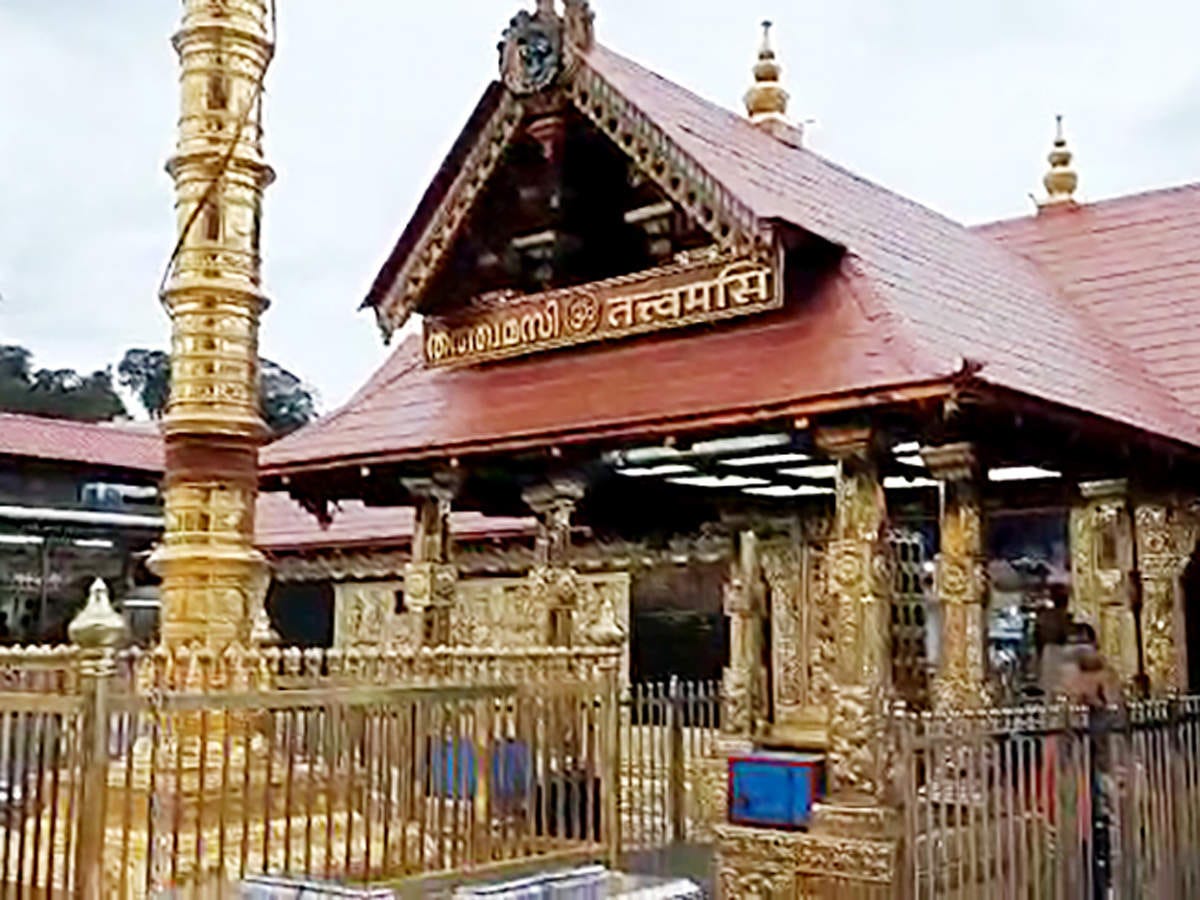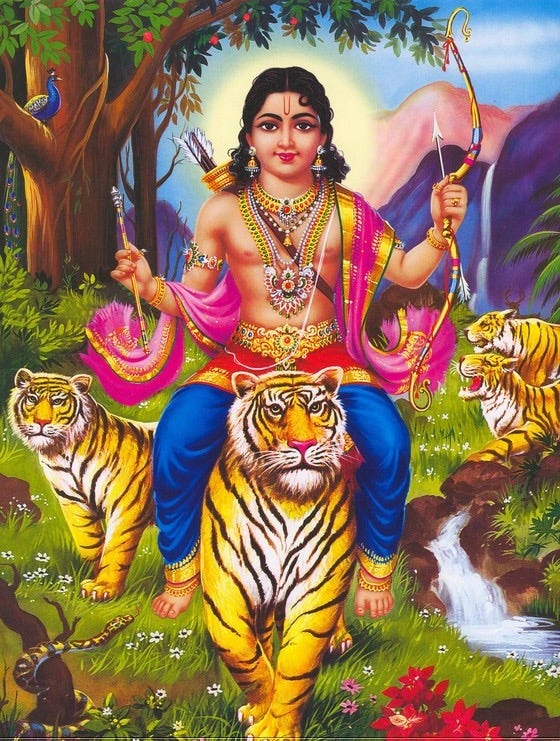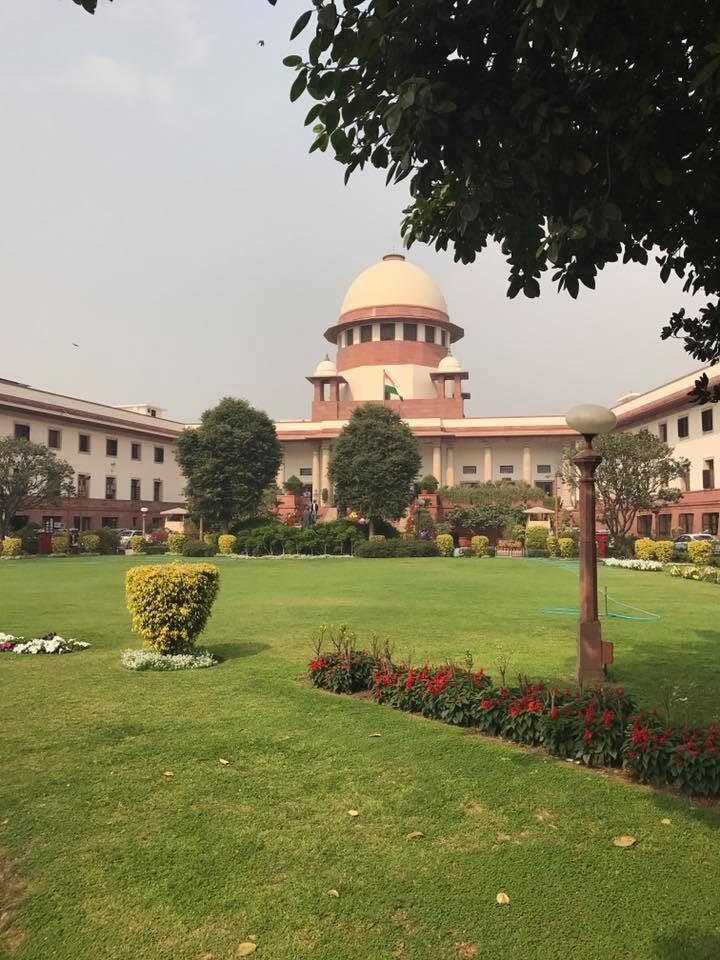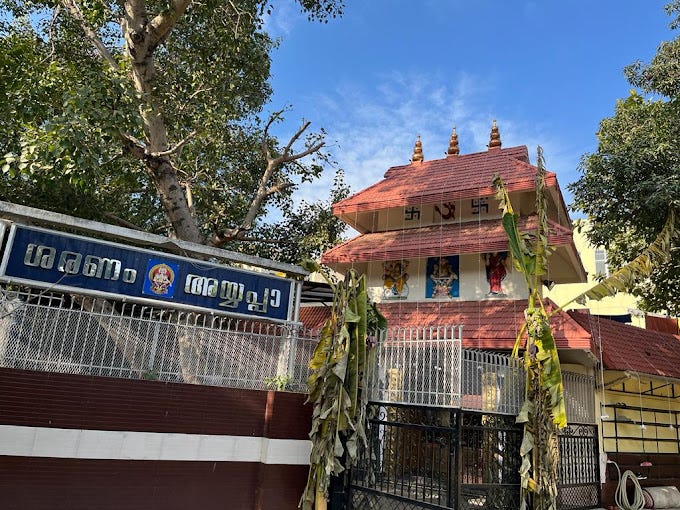Lord Ayyappa: Deity, Devotees, Discrimination and Decision
Balancing the matters of faith and the questions of law of the Sabarimala case, by the Supreme Court under the Constitution of India.
Introduction
Lord Ayyappa is a revered Hindu deity primarily worshipped in the states of Kerala and Tamil Nadu. This short article aims to offer a multifaceted overview of Lord Ayyappa, delving into his mythological and historical roots, as well as his contemporary significance. We will explore the venerable Sabarimala Temple, examine the Supreme Court's judgement on related controversies, and consider broader societal implications, notably religious practice, gender discrimination, and women's empowerment in modern India.
Mythological Perspective
Hindu mythology depicts Lord Ayyappa as the son of Lord Shiva and Goddess Mohini, the female avatar of Lord Vishnu. Also known as Manikandan, he is celebrated as a celibate god. The Sabarimala temple in Kerala serves as a significant pilgrimage site, attracting millions each year. Devotees typically undertake a 41-day fast and adhere to strict guidelines leading up to their temple visit.
Historical Perspective
The historical underpinnings of Lord Ayyappa are not well-defined. He is theorised to have originated as a regional tribal god before assimilating into the larger Hindu pantheon. Some scholars even suggest a connection to Buddhism, citing similarities in iconography, particularly his meditative posture.
Local Beliefs and Customs
Lord Ayyappa holds a special place in the spiritual and cultural life of Kerala and adjacent areas of Tamil Nadu. The deity is considered a guardian and a harmonising figure. The pilgrimage to Sabarimala is remarkably inclusive, welcoming individuals from diverse religious and social backgrounds. However, the custom of excluding women of menstruating age from the temple has been a subject of intense debate, seen as a contradiction to the otherwise inclusive ethos of the practice. This particular issue became a matter for judicial scrutiny, a topic we will delve into in subsequent sections.
Temples Beyond Sabarimala
Beyond its renowned temple in Kerala, Lord Ayyappa is worshipped in various other Indian states, such as Karnataka, Andhra Pradesh, and Tamil Nadu; Chandigarh has a temple too. Internationally, temples are found in countries with large Indian communities, including the United States, the United Arab Emirates, and Malaysia. These serve not only as centres for annual pilgrimage rituals but also as repositories for maintaining traditions and devotion among expatriates.
Constitutional Issues and Controversies
The Sabarimala temple has been the subject of ongoing public and legal discourse, largely centred on the entry restrictions for women of menstruating age. This longstanding custom eventually led to a legal investigation, resulting in its being referred to a 5-Judge Constitutional Bench of the Supreme Court of India. The case posed a series of intricate constitutional questions, setting the stage for an in-depth judicial review, which we will examine in the following sections.
Key Constitutional Issues
Freedom of Religion vs Gender Equality: The case pitted Articles 25 and 26, which guarantee the right to freedom of religion, against Article 14, which ensures the right to equality.
Essential Religious Practices: The Court had to examine whether the restriction on women entering the temple was an 'essential religious practice' under Articles 25 and 26. If deemed essential, it would gain constitutional protection.
Public Order, Morality, and Health: Article 25(1) subjects religious freedom to public order, morality, and health. The Court had to decide if the ban could be supported on these grounds.
Rights of Religious Denominations: Article 26 provides religious denominations the right to manage their own affairs. The Court had to evaluate if the Sabarimala Temple could be considered a separate religious denomination, thereby gaining special protections.
How the Issues Were Adjudicated
Balancing Rights: The Supreme Court, in a 4:1 majority decision in 2018, held that the exclusionary practice violates the right to equality and is discriminatory against women. It stated that devotion cannot be gender-based.
Non-Essential Practice: The Court ruled that the restriction was not an 'essential religious practice' and hence not protected by Articles 25 and 26.
Public Order, Morality, and Health: The majority opinion found no compelling justification for the ban based on these grounds. The restriction was not seen as essential to maintain public order, morality, or health.
Religious Denomination: The Court held that the devotees of Sabarimala do not constitute a separate religious denomination and therefore cannot claim the protections of Article 26.
Pending Review Petition
It's important to note that the issue is not entirely settled. In 2019, the Supreme Court agreed to review its original judgement through a larger bench, although it did not stay the 2018 verdict. This indicates that the legal debate around this issue is still ongoing.
Summing up: Our View
Balancing Tradition and Modernity
Lord Ayyappa remains a revered symbol of unity, austerity, and devotion. The controversies, particularly around gender roles and equality at Sabarimala, present society with an opportunity for vital dialogue. These discussions can serve as a platform to reach a consensus that respects both ancient traditions and contemporary sensibilities, highlighting the need for a balanced approach.
Navigating Future Challenges
As we progress, the imperative to eradicate gender discrimination gains urgency, not just for enriching spiritual experiences but also for fostering women's empowerment. The dialogue spurred by the Sabarimala case offers fertile ground for achieving this nuanced equilibrium. It challenges us to harmonise tradition with evolving views on gender equality—a reconciliation that holds significant implications not just for the future of Sabarimala but also for how India addresses the broader issues of gender discrimination in religious practices.







